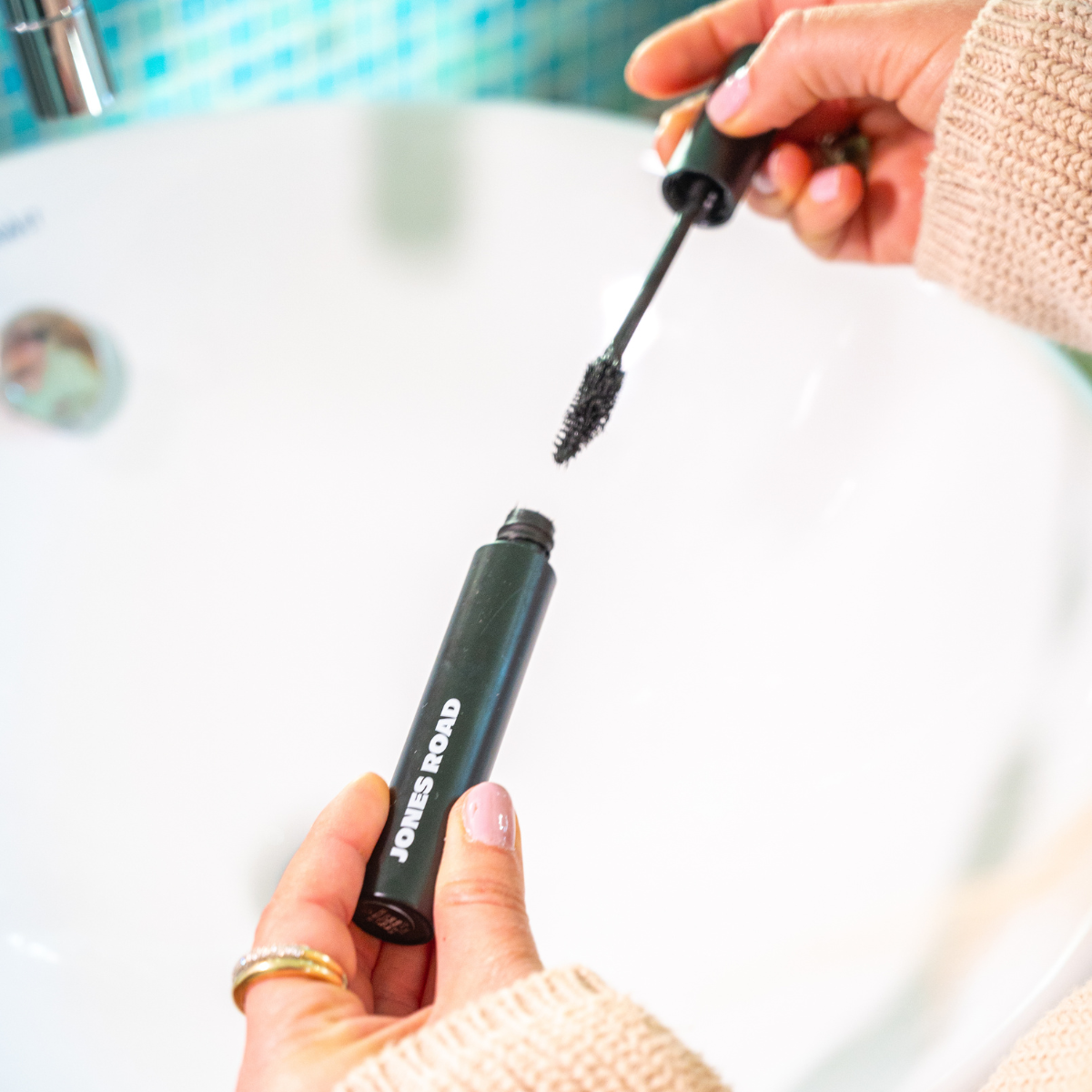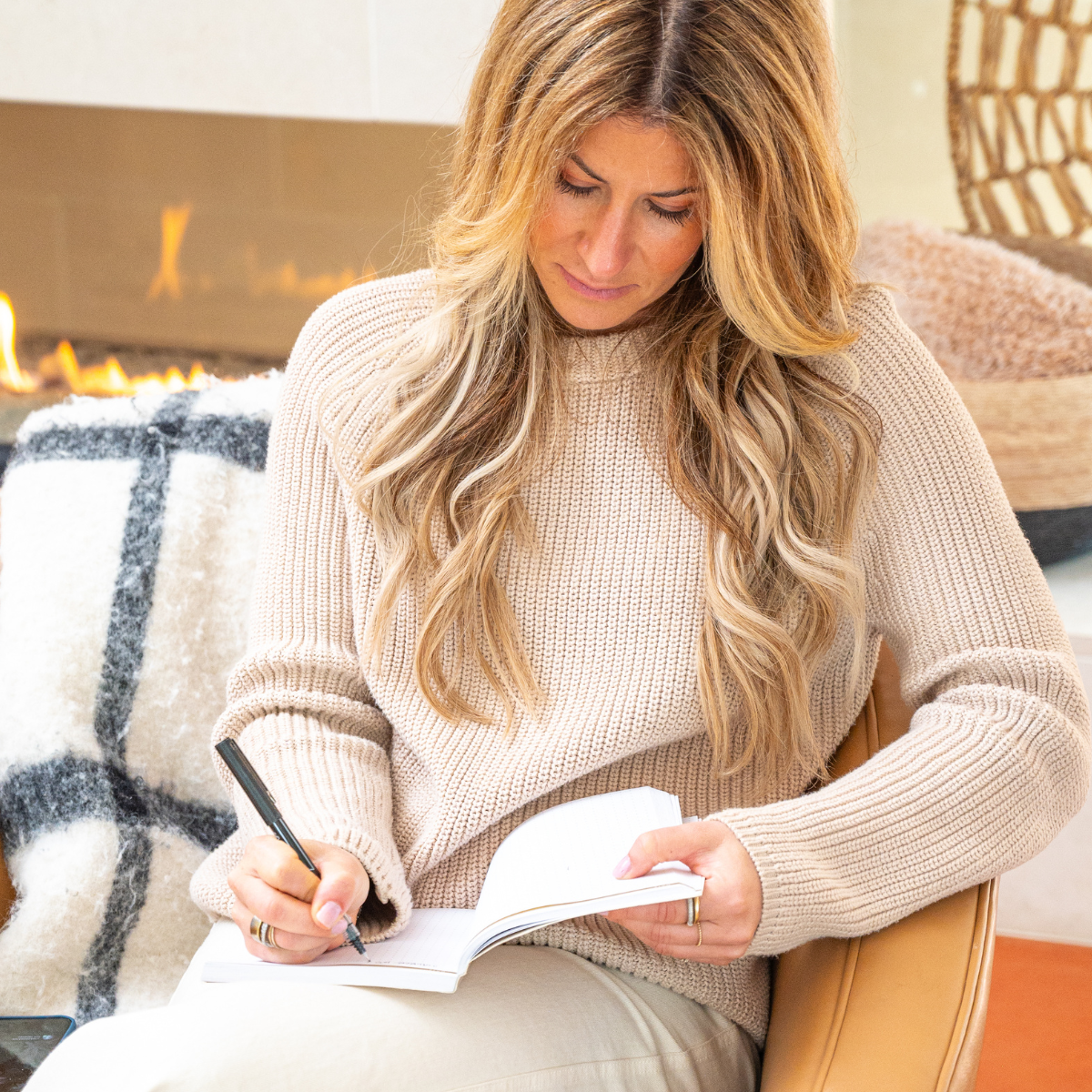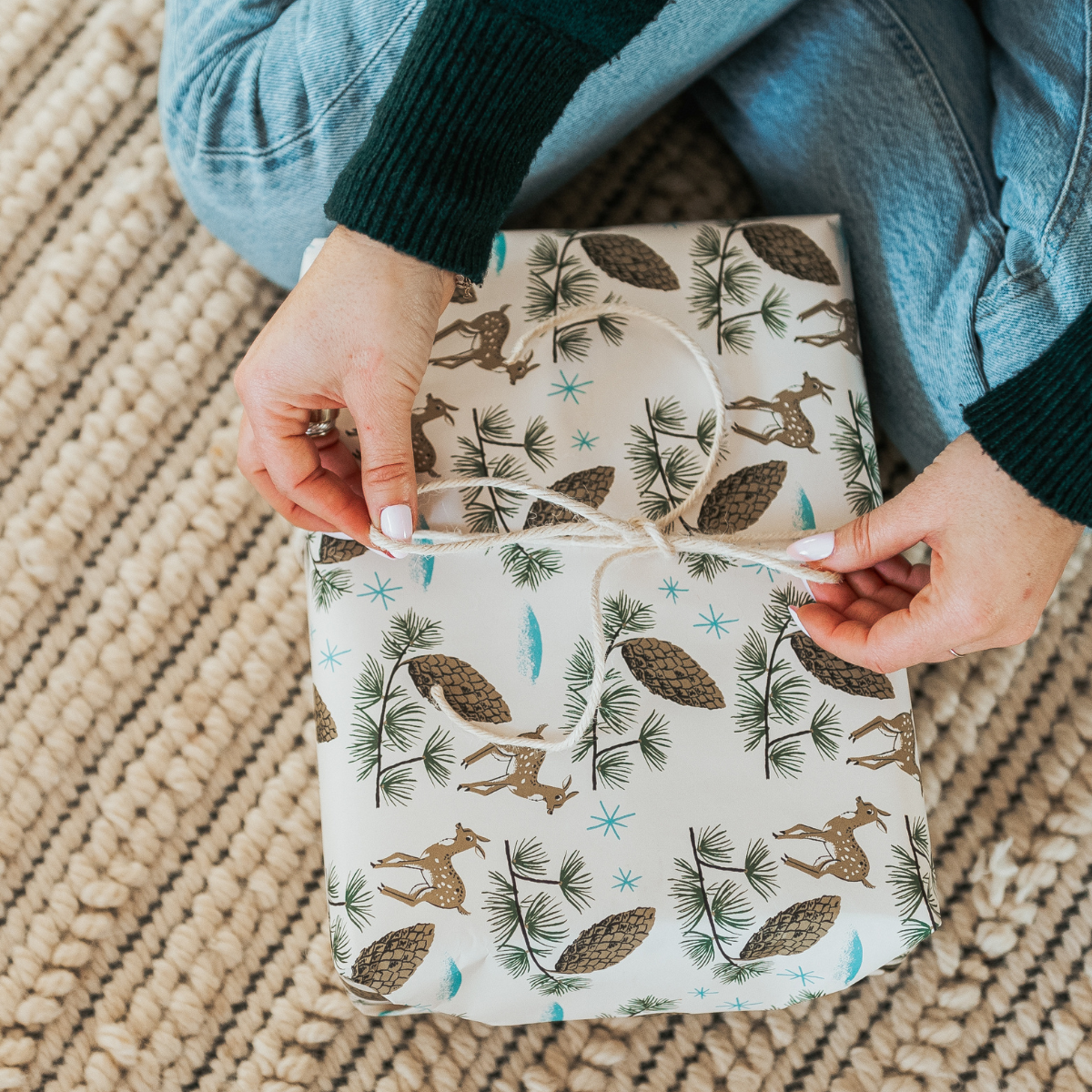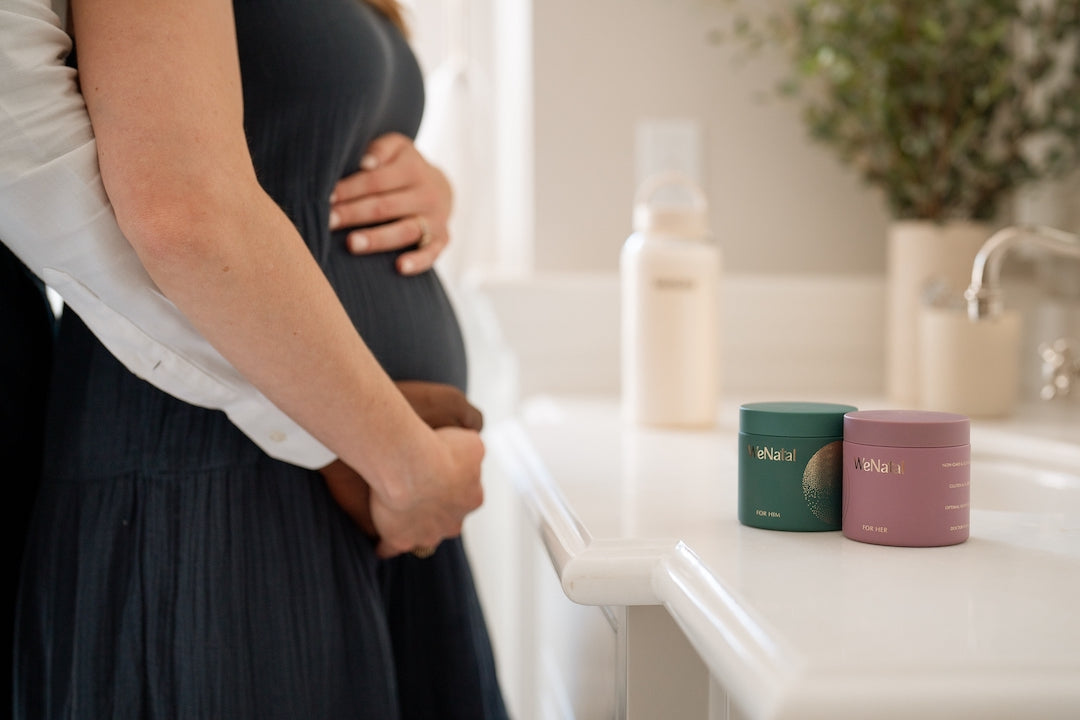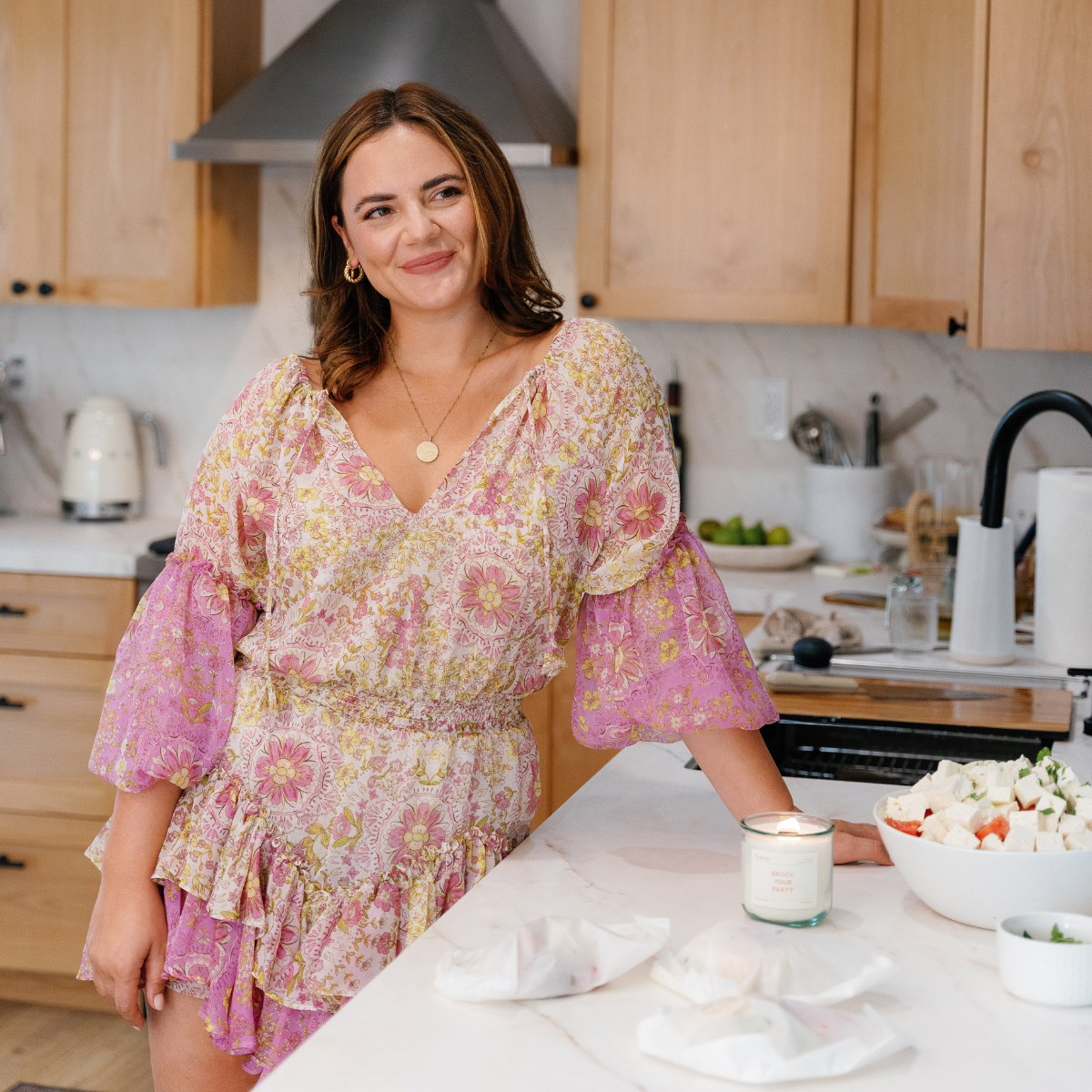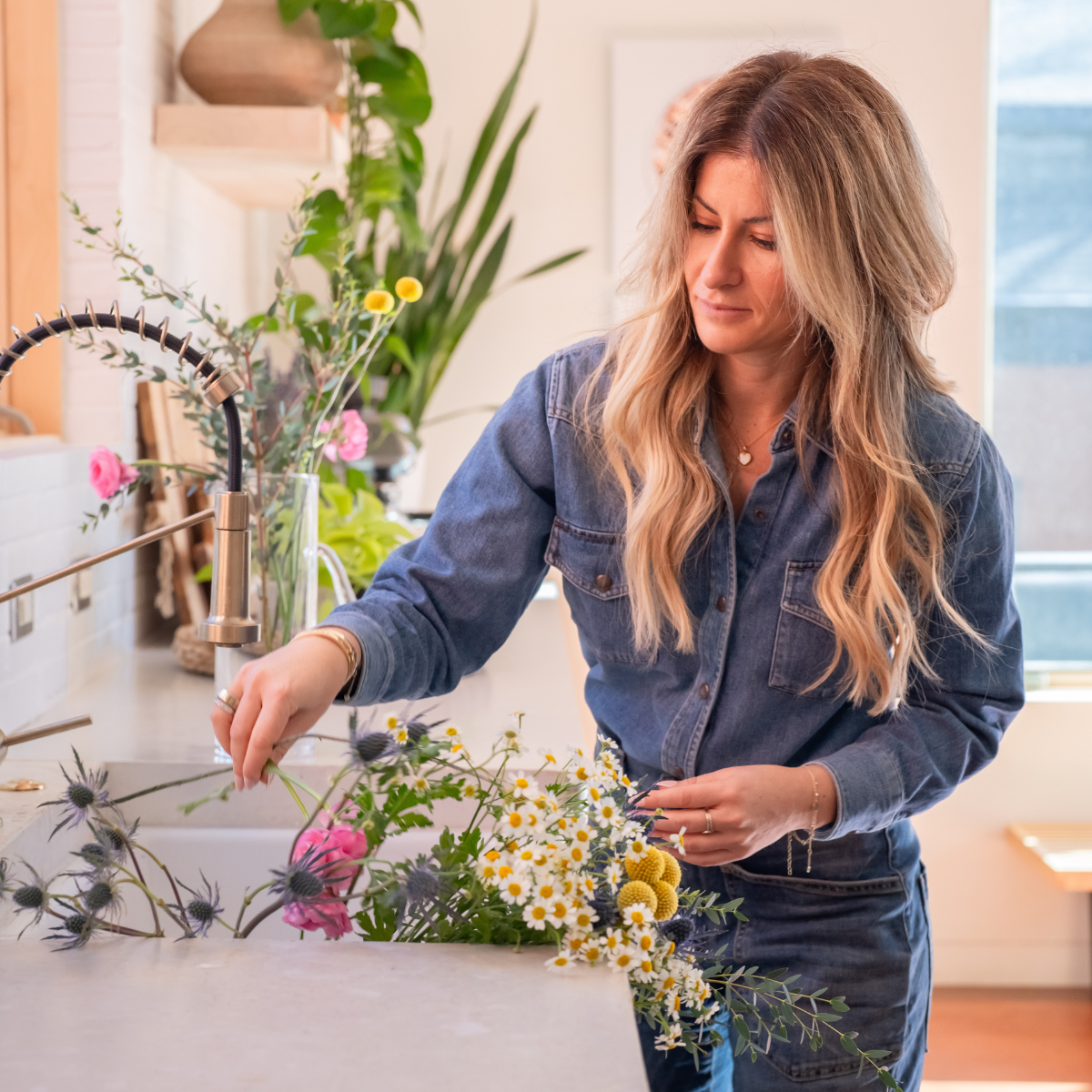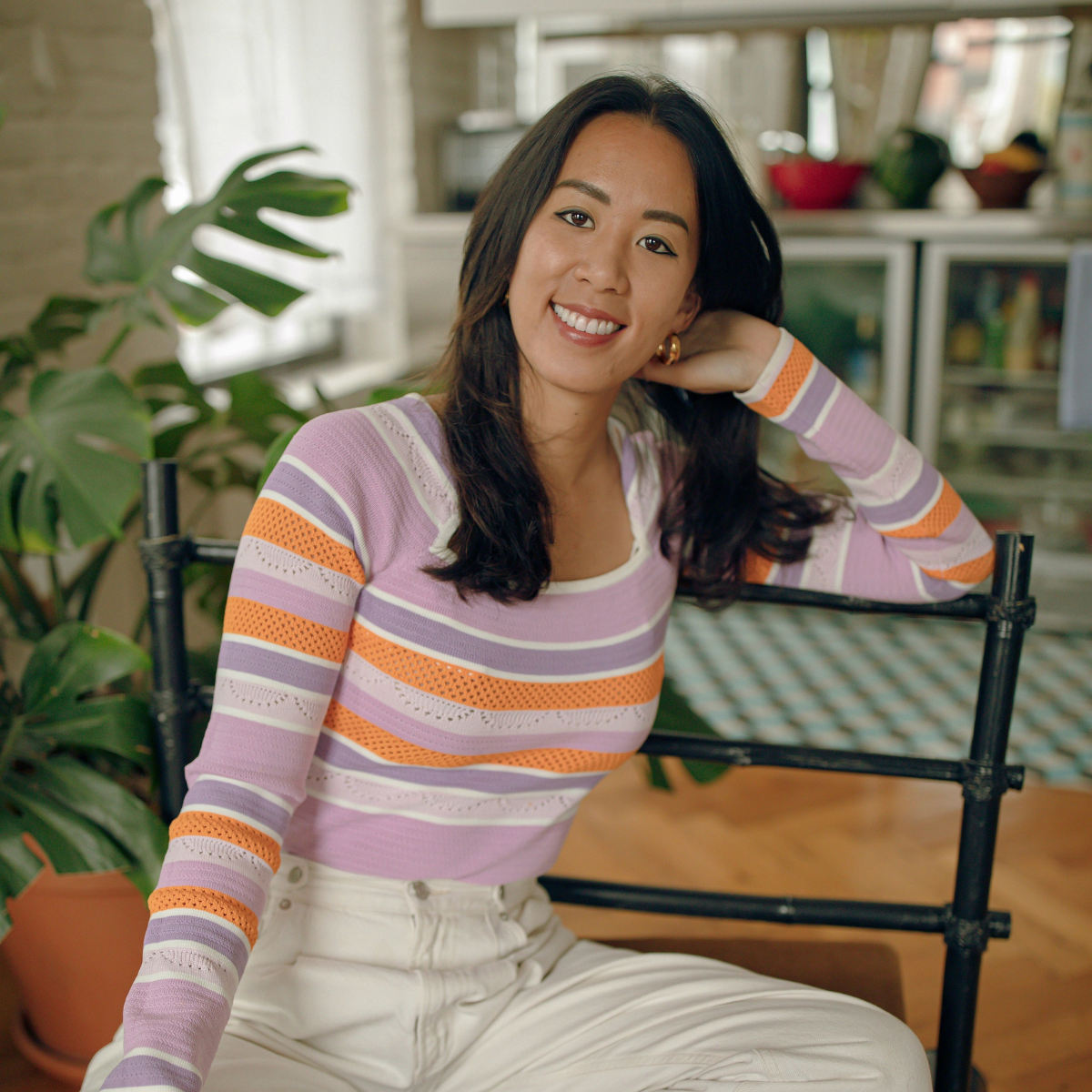Elizabeth is joined by Certified Health Coach and Nutrition Response Testing Practitioner Vanessa Fitzgerald. She is also a co-founder of Paya Health and operates a private practice in Los Angeles where she assists individuals in achieving optimal health through cellular healing. Vanessa specializes in addressing various health concerns, including hormone balancing, autoimmune issues, skin health, detox, digestive health, IBS, anxiety, depression, and more. In this particular episode, Vanessa talks about her personal journey towards wellness and how she integrates her knowledge into her private practice. She discusses the multiple layers of healing, some effective ways to detox from enema’s to hyperbarac chambers, and how emotions and stress can impact one's health. Additionally, she shares her favorite techniques to maintain good health, along with her latest product line of skin gummies.





